Fantasy: Handcuff Handbook - Is it worth drafting your RB1's backup?
Conventional thinking among longtime fantasy football players is that it's wise to own the real-world backup to your star running back. These "handcuffs," the thinking goes, can be inserted into lineups (both real and fantasy) if the starter gets injured, and will produce at a similar level.
Does this theory hold up? Probably not. Long gone are the days of run-heavy NFL offenses and three-down running backs. In their place are role players and coaches that shift to a running-back-by-committee approach the moment the starter goes down.
The traditional handcuff is dying, but it's not quite dead yet. Below, we identify the few backups who are worth pairing with your RB1.
Average draft position (ADP) data courtesy of FantasyFootballCalculator and based on 12-team leagues with standard scoring.
Must own
Jerick McKinnon, Vikings
ADP: Late 13th round
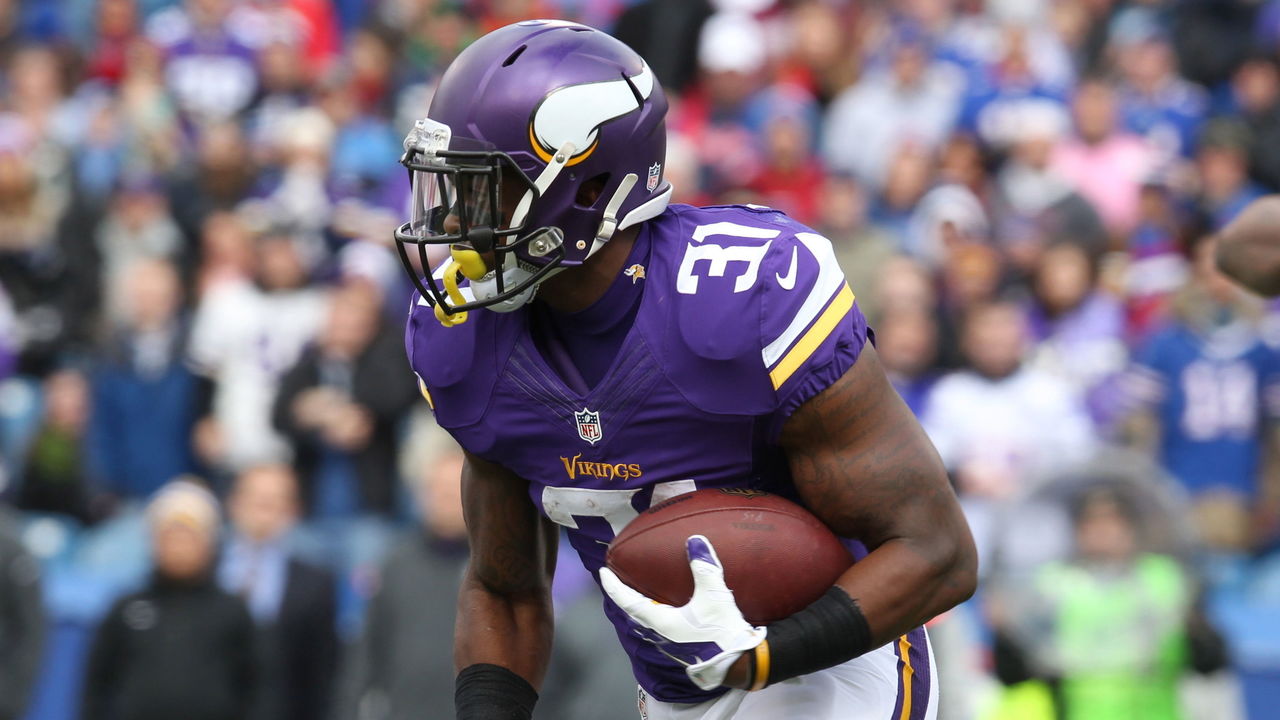
McKinnon, a converted triple-option quarterback in whom the Vikings invested a 2014 third-round pick, proved to be a very quick study as a rookie and got plenty of playing time during Adrian Peterson's suspension. McKinnon is still raw, but he's shown he has the athleticism to eventually be a feature back. The Vikings are paying Peterson a lot of money and will use him on all three downs this season, so McKinnon won't have much fantasy value unless Peterson gets hurt. In such an event, McKinnon would immediately become a borderline RB1. He's an insurance policy that's worth the cost of his late 13th-round ADP.
Knile Davis, Chiefs
ADP: Late 9th round
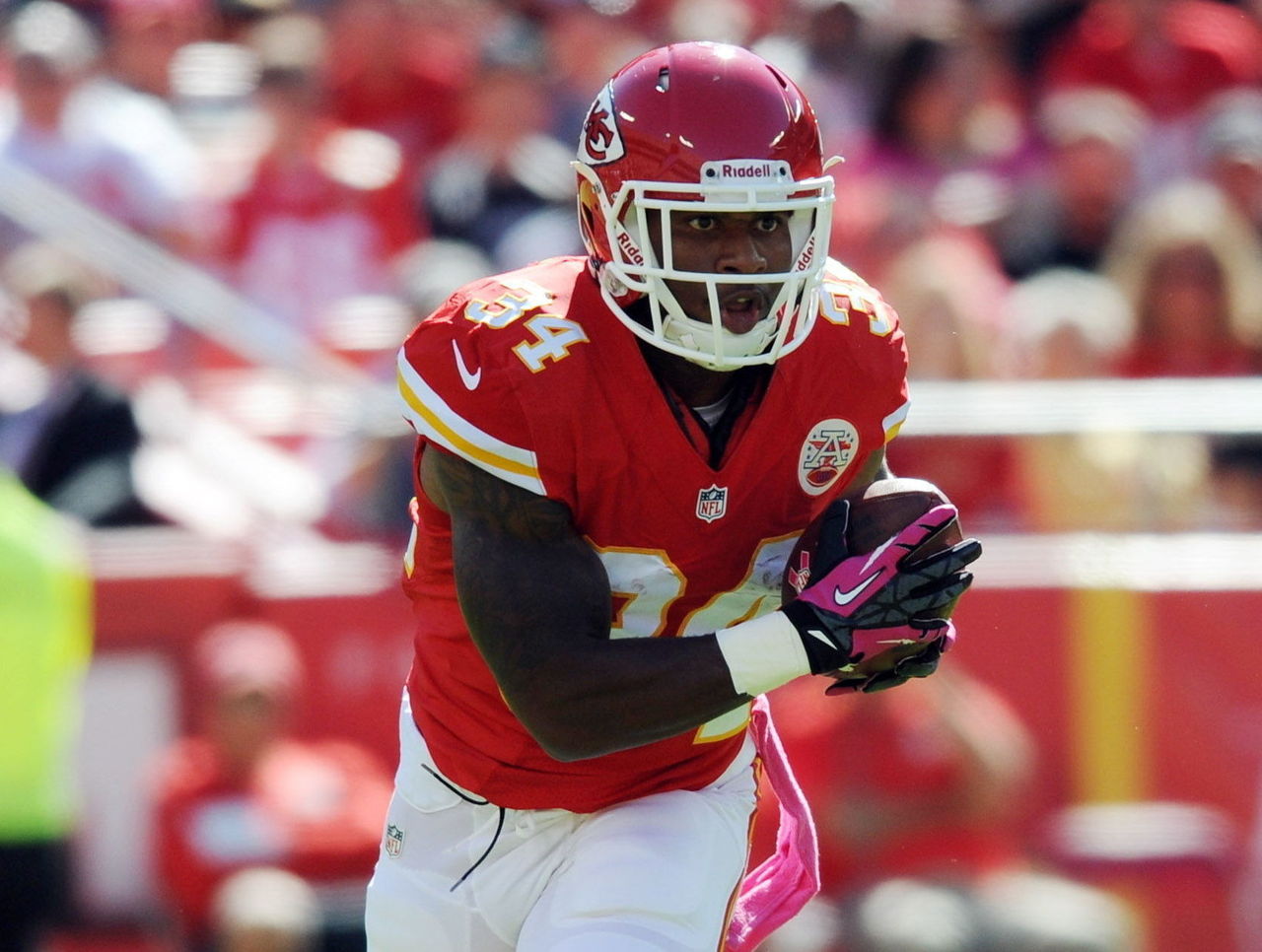
Davis says there's no gap between him and starter Jamaal Charles, but the stats don't exactly bear that out. Davis produced at a 3.5 yards per carry clip on 204 rush attempts last season, while Charles has run at an astonishing 5.5 yards per carry over his seven-year career. That said, Davis is plenty competent and has shown he can handle a full load when Charles is hurt. In games where Davis has at least 15 carries, he averages roughly 90 yards and a touchdown. Davis is locked in as an every-week starter the second Charles goes down and is a must-own player for Charles' owners.
Yes, but ...
DeAngelo Williams, Steelers
ADP: Late 10th round
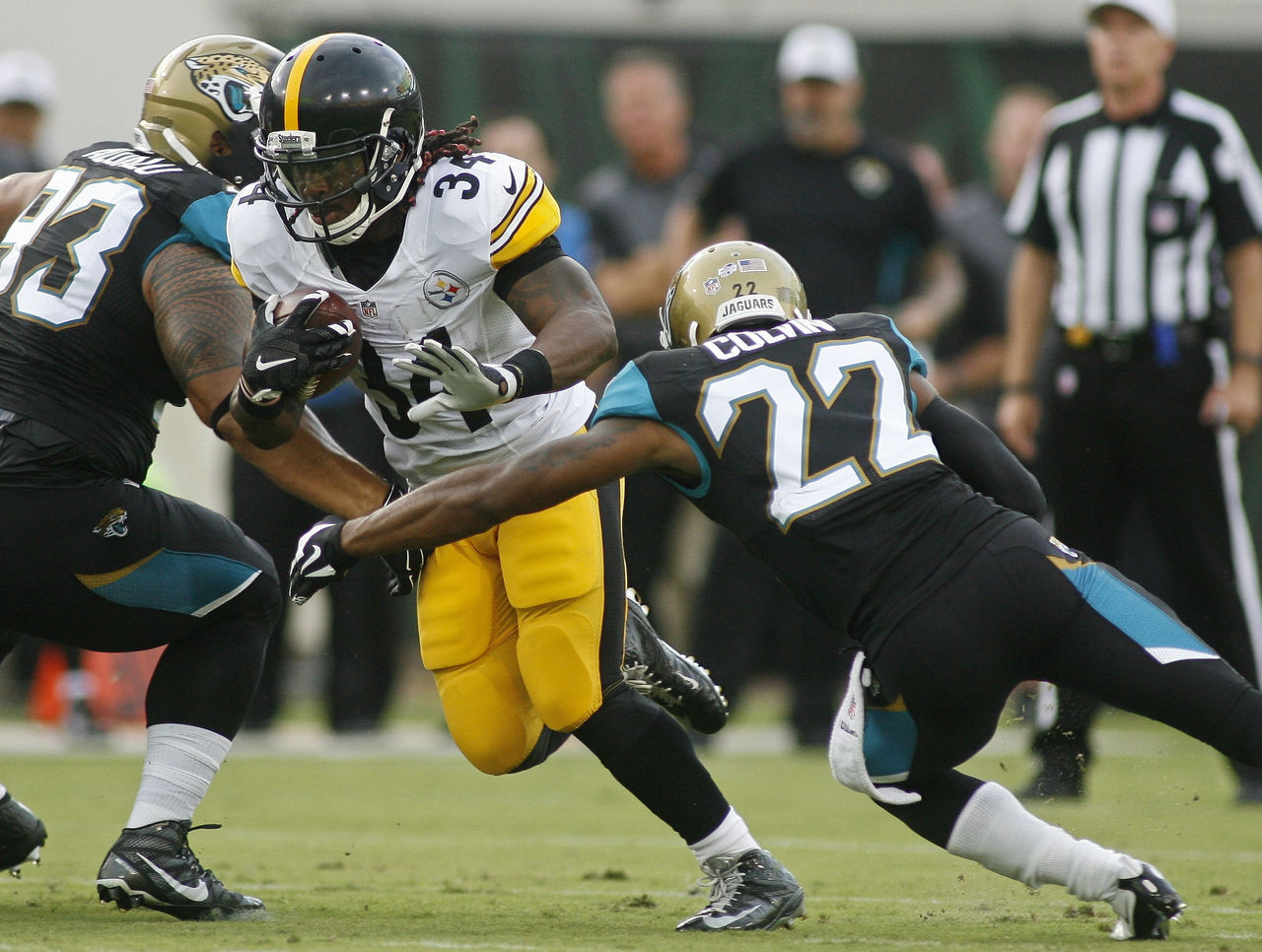
There's very little juice left in Williams' 32-year-old legs, but he is worth drafting for the Le'Veon Bell owner who doesn't have a better option for the two games Bell is suspended to start the season. After that, you can either drop Williams for a waiver wire add or (if you're incredibly lucky and Williams opens the season with two big weeks) trade him for an upgrade at another position. Once Bell returns, Williams' value will essentially drop to zero.
Ryan Mathews, Eagles
ADP: Early 8th round
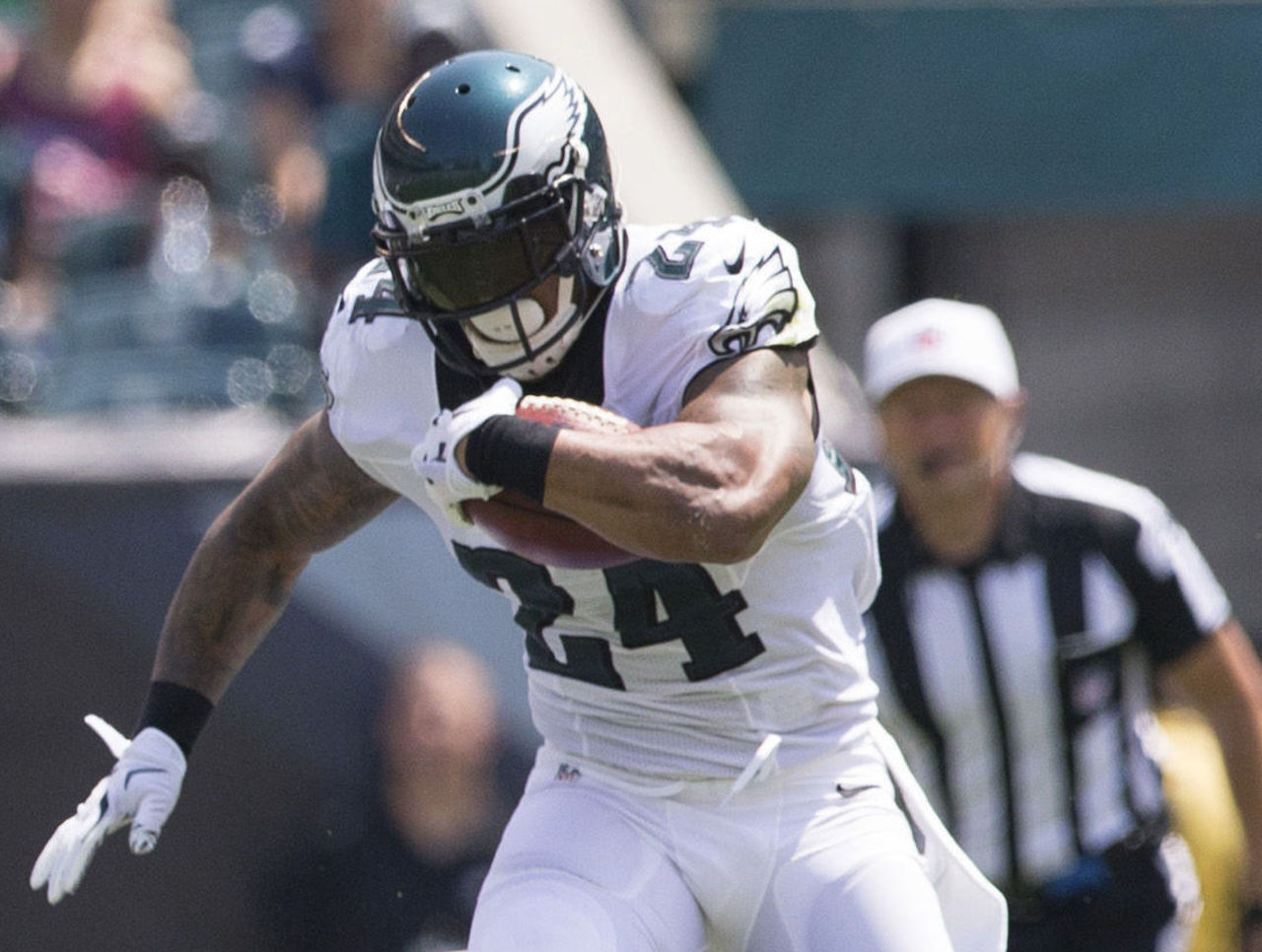
Owning Mathews is a luxury not all DeMarco Murray owners will be able to afford. With an early eighth-round ADP, Mathews is significantly more costly to acquire than most other handcuffs on this list. Fantasy analysts are salivating at both the Eagles' highly productive rushing attack and Murray's lengthy injury history, and it has pushed Mathews into overvalued territory. Murray owners should draft Mathews if they feel good about their starters and can afford to take a risk in the eighth round, but reaching for Mathews is probably a mistake.
Don't bother
James Starks, Packers
ADP: Late 13th round
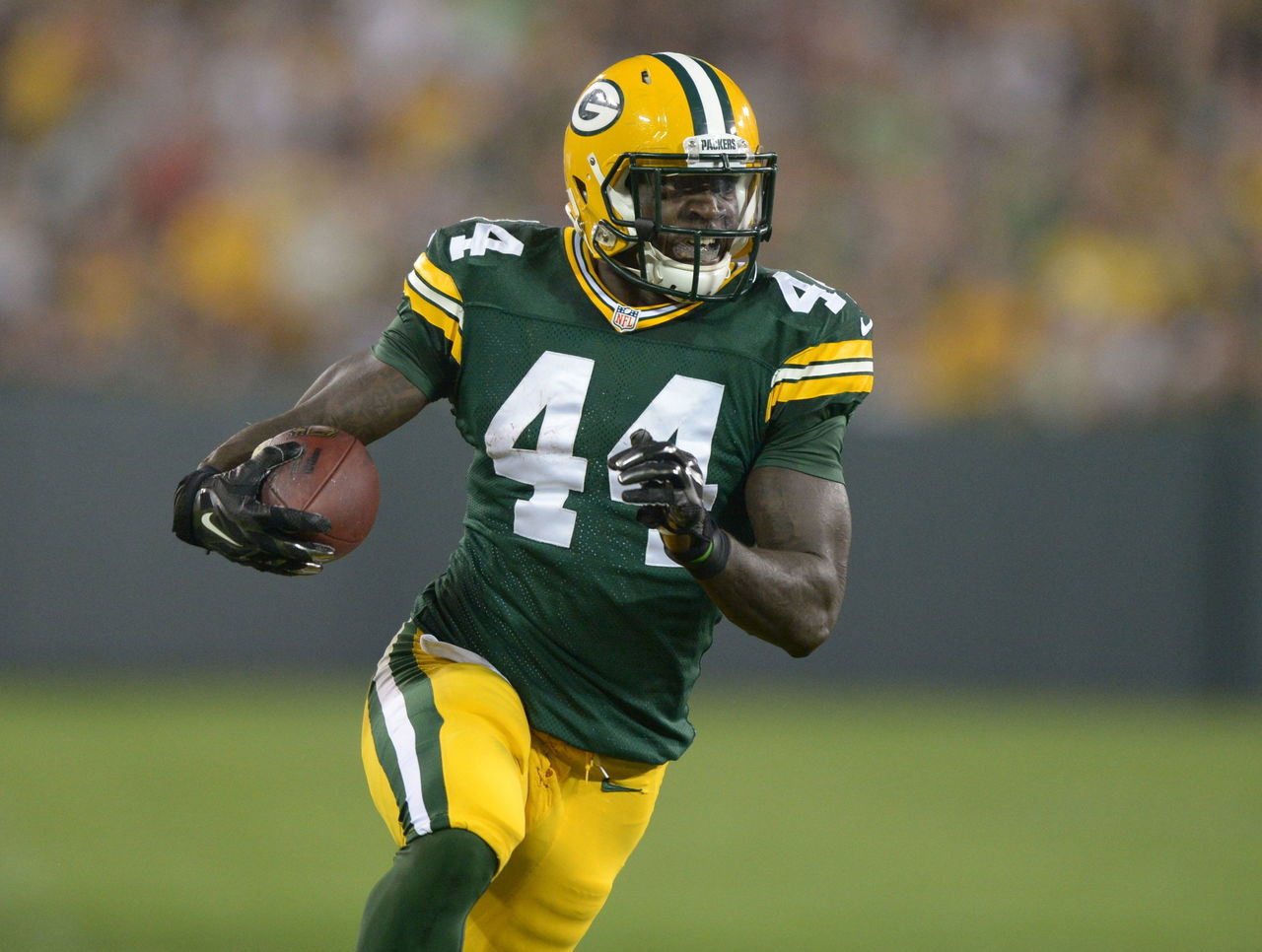
It feels like Eddie Lacy's punishing running style leads to him being hurt a lot, but the truth is Lacy has missed only one game in his first two NFL seasons. Even when Lacy appears on the injury report mid-week, he's on the field come Sunday. Let someone else in your league waste a late draft pick on Starks while you take a player with a higher ceiling. In the event Lacy misses significant time due to injury, the Packers will likely go pass-heavy and Starks' value will be capped at a low-end RB2 level.
Robert Turbin, Seahawks
ADP: Undrafted
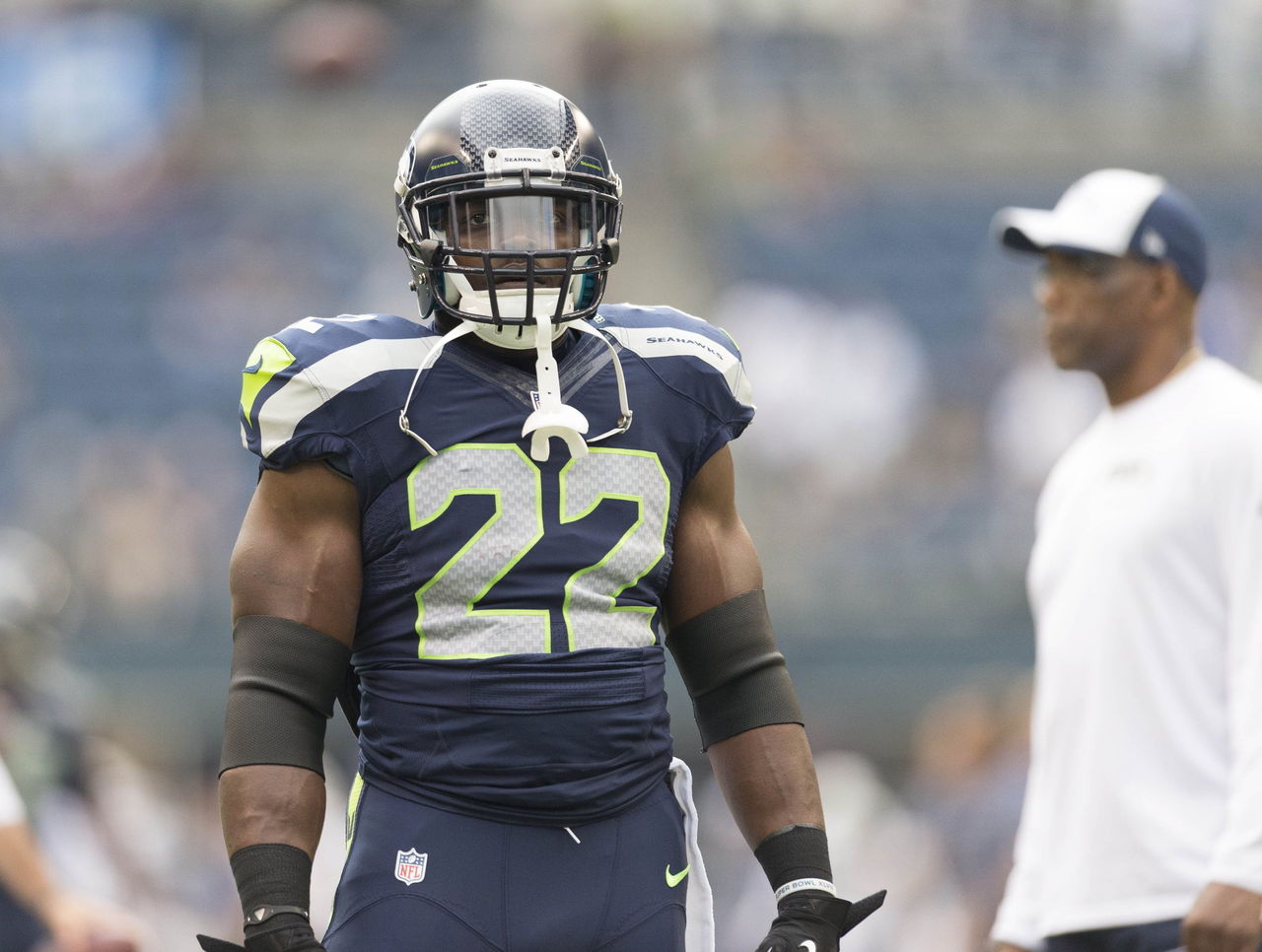
Marshawn Lynch is among the most durable running backs in football and none of his backups are worth sticking your neck out for. Take Turbin with your last pick if you have a gut feeling Lynch will go down, but you're better off using the pick on a high-upside running back stash on another team. The same can be said for Christine Michael (sorry, fantasy analysts, but the long-predicted breakout probably isn't ever coming - at least not in Seattle).
Montee Ball, Broncos
ADP: Mid-11th round
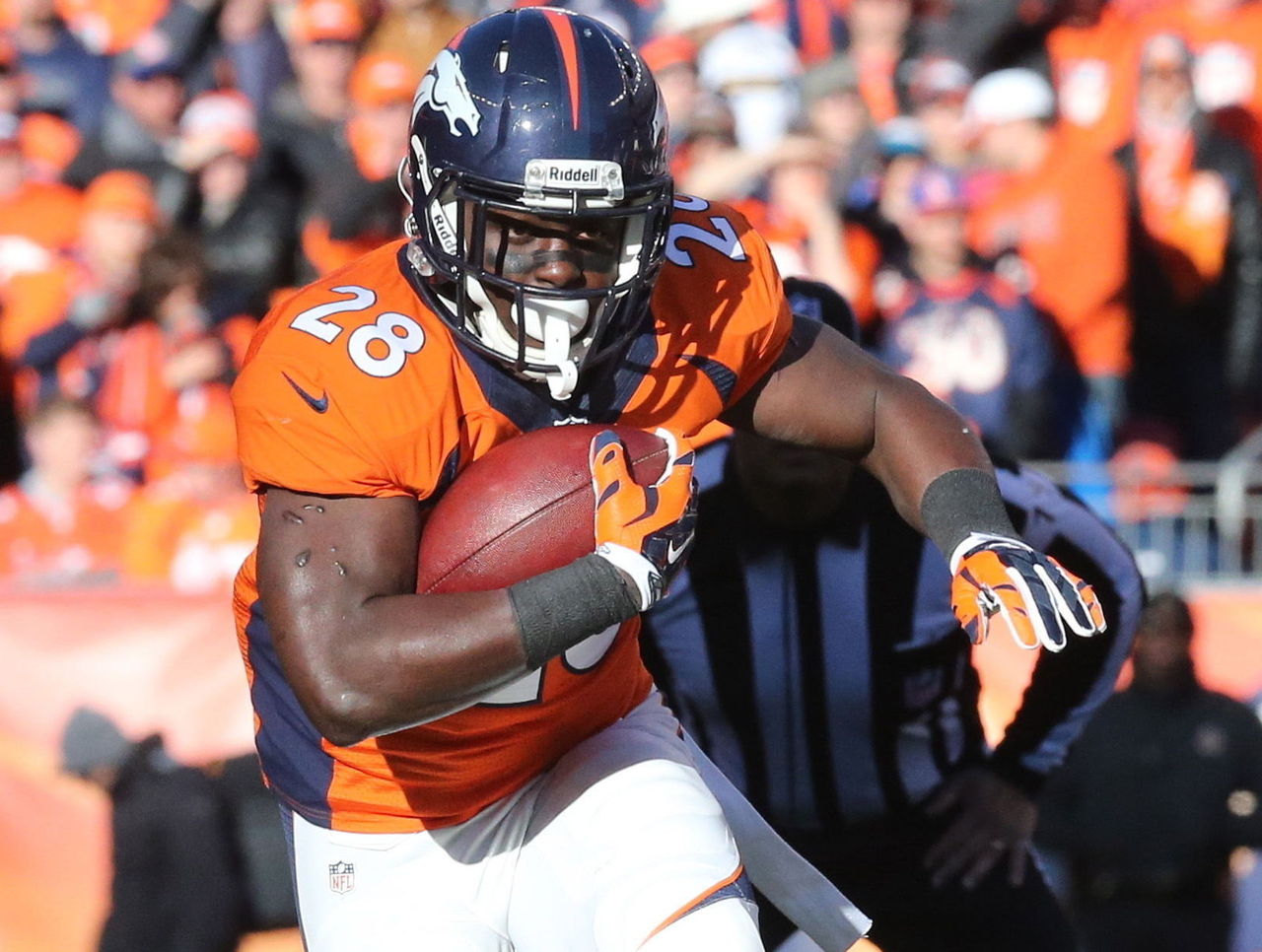
Ball isn't worth drafting because it isn't even clear if he's second in the Broncos' pecking order behind C.J. Anderson. Ronnie Hillman continues to show flashes of potential, and he could easily be inserted as starter should Anderson suffer an injury. Avoid them both.
Giovani Bernard, Bengals
ADP: Early 7th round
Bernard is being drafted as if he's much closer to the 40 to Jeremy Hill's 60 in a 60-40 timeshare. Is there any reason to believe that's actually the case? Hill was a feature back down the stretch last season, topping 140 yards rushing in four of his last night games and scoring six touchdowns. In that same stretch, Bernard topped 50 yards rushing once and scored just two receiving touchdowns. Bernard is a complementary player who is being drafted as an RB2. Hill owners are much better off spending their seventh-rounder on a player like Tre Mason or Isaiah Crowell.
Jacquizz Rodgers, Bears
ADP: Undrafted
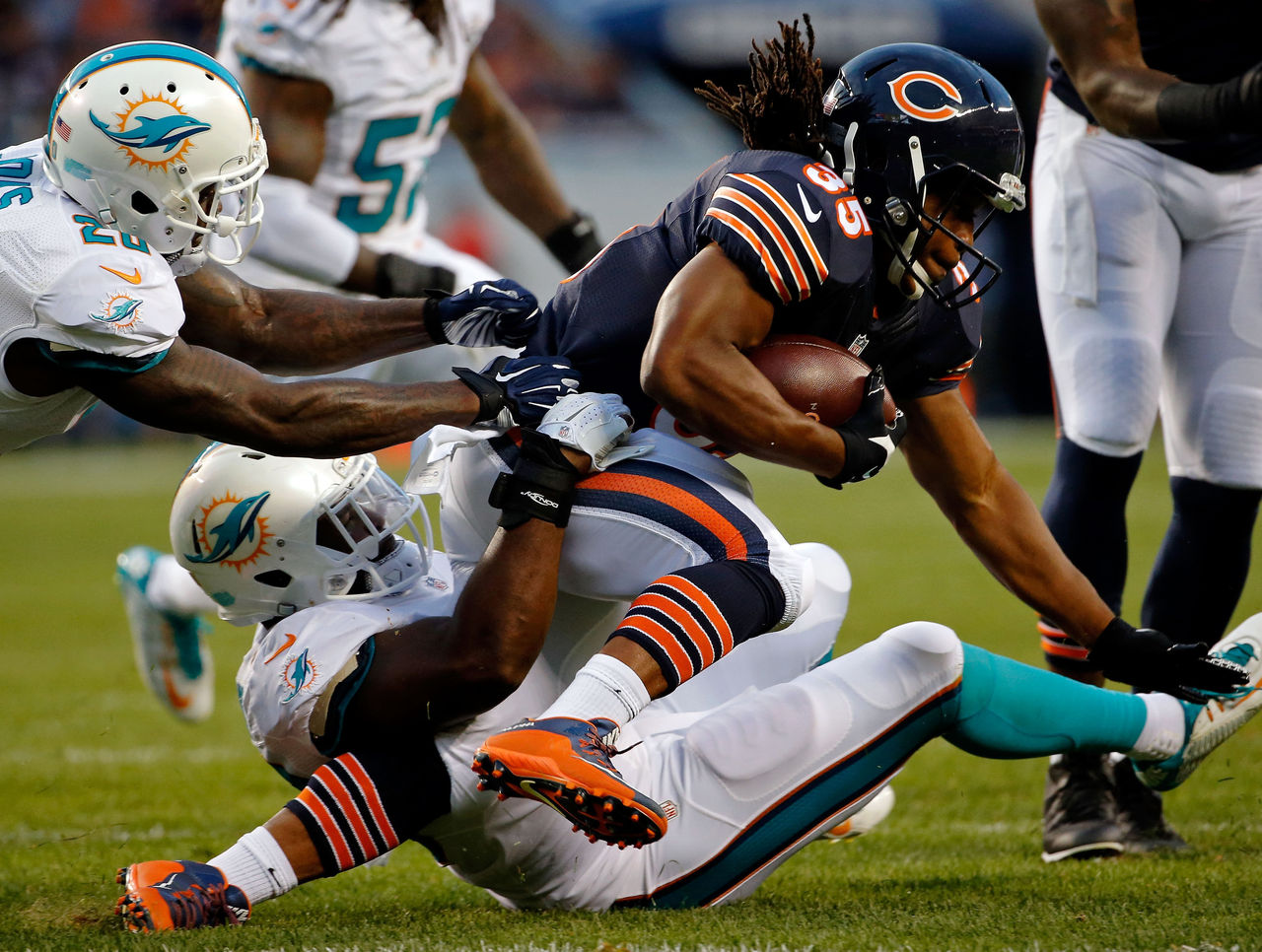
It's Matt Forte or bust for the Bears. Behind him is a quagmire of mildly talented (to put it politely) runners that includes Rodgers, sophomore Ka'Deem Carey and rookie Jeremy Langford. Rodgers would likely get the first shot at starting if Forte goes down, but he proved woefully incapable of being a featured runner during his years with the Falcons.
HEADLINES
- Report: Hawks trade Krejci to Blazers for Reath, picks
- LeBron's selection streak at stake with NBA set to reveal ASG reserves
- Report: Eagles trying to convince Fangio to stave off retirement
- Kidd fires back at criticism over Flagg usage at PG: 'I don't give a f--k'
- Wild trounce Oilers as Hughes sets franchise record, Jarry yanked